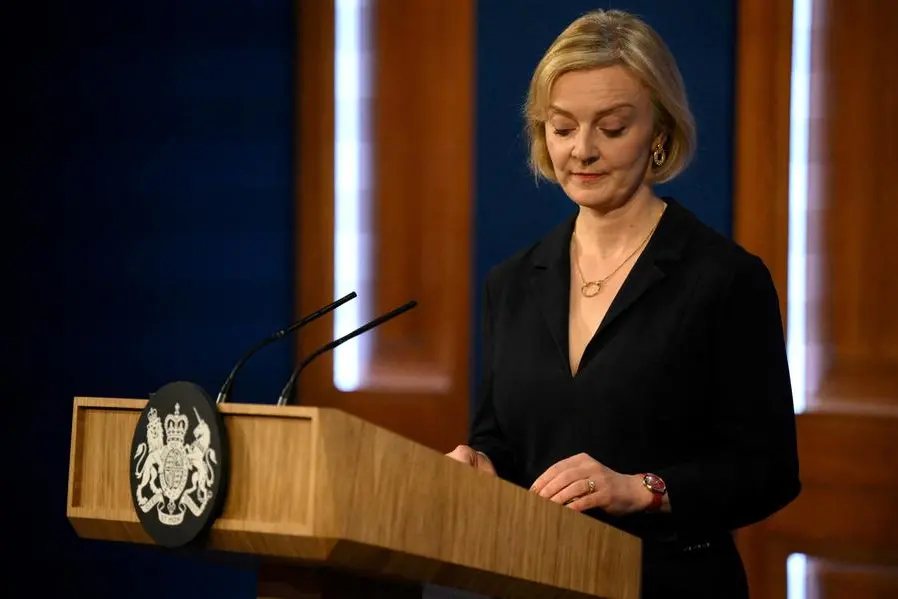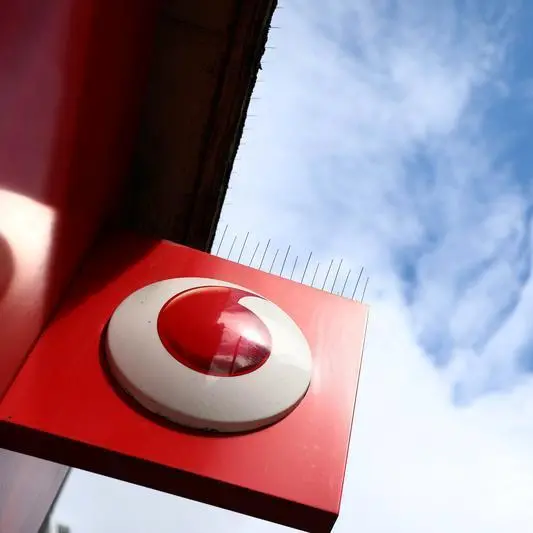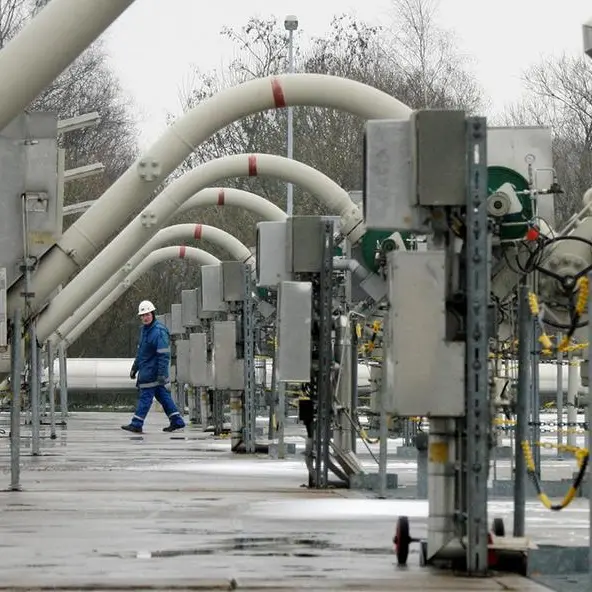PHOTO
Friday is supposed to be a day of winding down after a week of work, but it was anything but that on October 14. The day felt dizzying to seasoned journalists, the pace of Westminster politics so fast that it was a challenge to be on top: some were clearly discombobulating outside Number 10 on live television. Politics is often called the art of the impossible, but that day it also stretched to the improbable, and reminded many of the enigmatic Enoch Powell’s dictum that ‘all political careers end in failure’.
Sample this: the Chancellor of the Exchequer is representing the United Kingdom at a key meeting of the International Monetary Fund in Washington, tells journalists emphatically that he would definitely be in place a month later, but soon cuts short his visit and boards the last plane to London, arrives in Downing Street, only to be told that he is being sacked for implementing the same economic policies that won his boss the recent Conservative leadership election and the keys to Number 10.
The boss then appoints a new chancellor – the fourth in four months – and then appears at a press conference that plunges her political stock further down, fuelling another whirlwind chatter of the need to change the party leader and prime minister.
In case you missed it, the chancellor at the Washington meet was Kwasi Kwarteng, the boss was/is Prime Minister Liz Truss and the new chancellor is Jeremy Hunt. The events and furious reaction inside and outside the ruling Conservatives soon spilled into feverish speculation in WhatsApp groups of Tory MPs about removing Truss, a little over a month after she took over, while rivals called for an early general election.
The last time political journalists scurried around Westminster dealing with such high-voltage politics was in the aftermath of the 2016 referendum on the UK’s membership of the European Union, when the vote went 52 per cent in favour of leaving the bloc. David Cameron, who called the referendum and campaigned to remain in the EU, resigned, and Theresa May took over, claiming that ‘Brexit means Brexit’, even though not many were entirely clear what exactly she meant by that.
In many ways, last Friday’s events owed their origins to that referendum, whose implications are yet to unfold in full measure, though economic data and charts already suggest that leaving the EU has been an act of self-harm. Meanwhile, the UK has had four prime ministers in six years and may well get another one before the next election in 2024.
Last Friday’s developments also left many Conservative MPs and others trying to make sense of Truss sacking Kwarteng. It was clearly a case of Truss as prime minister reluctantly rejecting the promises made by Truss the leadership candidate in the recent election. Just hours earlier, journalists were told that both Truss and Kwarteng are in ‘lockstep’ on the economic policies that were announced in September to kick-start growth, but ended up spooking the markets and forcing the Bank of England into a multi-billion pound intervention.
The top card that won Truss the leadership contest against Rishi Sunak was her promise to cut taxes (Sunak had dismissed her ideas as ‘fantasy’). When Kwarteng announced the same tax cuts in the House of Commons in September, Truss was beside him, cheering him on. But when the markets reacted, the pound tanked, the credibility of Britain’s financial system came under threat, and even back-of-envelope calculations showed that figures of the unfunded tax cuts did not add up, Truss went ahead and sacked Kwarteng.
How does she get to stay as prime minister but Kwarteng is sacked – she ducked four such questions at the brief, hastily concluded press conference. MPs and others who were speculating if Truss would remain prime minister in November are not sure now if she would survive the next week.
Zoom out for the moment from the ongoing Truss episode and you see the wider context that is no less remarkable: how a party that won a thumping majority in the 2019 election has been frittering away its mandate, virtually preparing the ground for Labour to take over in 2024. First, through the various actions of the colourful Boris Johnson through the Covid-19 pandemic and beyond; then, during the long, unedifying leadership contest between Truss and Sunak; and now through the prime ministership of Truss that is increasingly described as one of ‘being in office but not in power’.
It must amount to a masterclass in how not to haemorrhage the people’s mandate after a big election win. It is also another instance of how unrealistic promises made during campaigns help win elections, but are impossible or difficult to implement when in office (there are many such instances in democracies).
Truss, as prime minister has already attracted a large number of memes and epithets, including from The Economist, which called her ‘The Iceberg Lady’ and compared her to a lettuce in an excoriating leader: “Liz Truss has already secured her place in British political history. However long she now lasts in office, she is set to be remembered as the prime minister whose grip on power was the shortest. Ms Truss entered Downing Street on September 6th. She blew up her own government with a package of unfunded tax cuts and energy-price guarantees on September 23.
Take away the ten days of mourning after the death of Queen Elizabeth II, and she had seven days in control. That is roughly the shelf-life of a lettuce”.
The pace of Friday’s events reported breathlessly live across the news media also somehow reminded me of the Indian Premier League (IPL). Just as the dizzying hit-and-run pace of IPL is held responsible in some quarters for Test matches finishing before their five-day limit, the Internet-driven real-time reporting also seems to have affected the pace of politics.
Gone are the days when politics and much of life used to follow the 24-hour cycle of the print era, when political events and press conferences would be timed to meet print deadlines, and when people would mostly learn of developments in newspapers the next morning.
So keep checking in real-time if there is going to be another change in Downing Street anytime soon.
The writer is a senior journalist based in London.
Copyright © 2022 Khaleej Times. All Rights Reserved. Provided by SyndiGate Media Inc. (Syndigate.info).





















